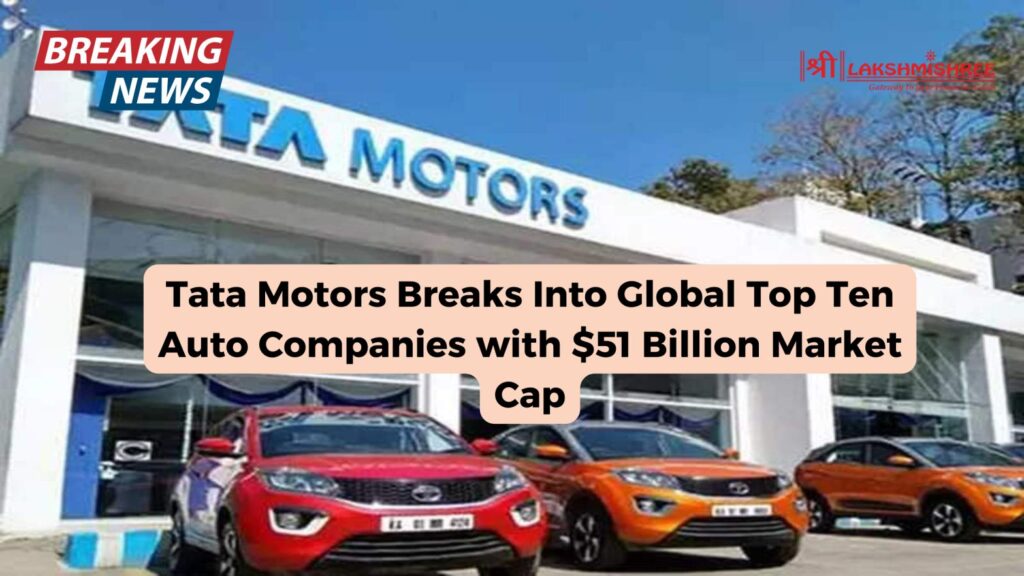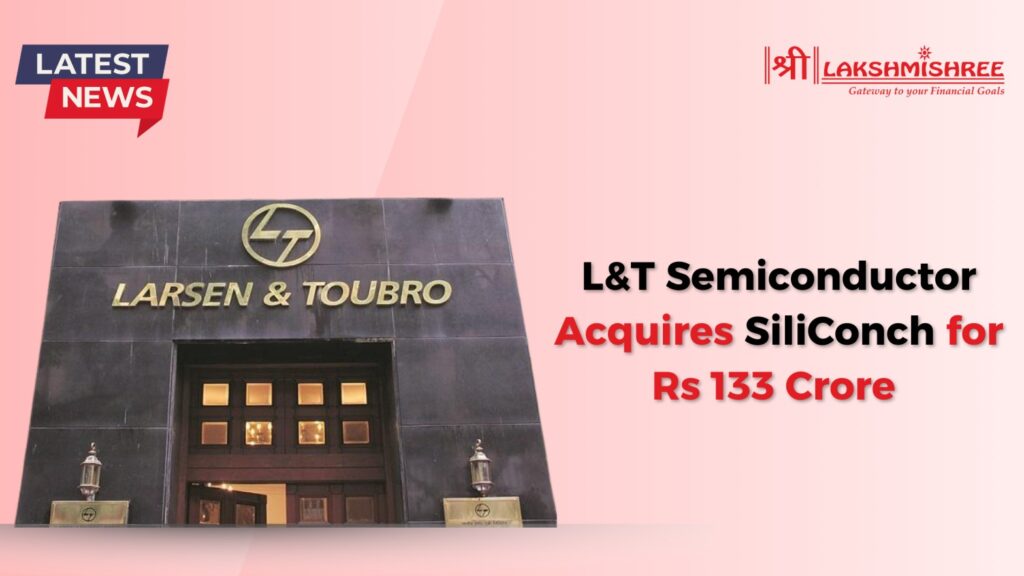Tata Motors Ltd has achieved a significant milestone by entering the top ten most valued automotive companies worldwide. This marks the first time an Indian company has reached this status, thanks to a strong surge in its stock value.
The stock has seen a remarkable increase of over 50 percent this year and more than 101 percent throughout 2023, bringing the company’s market capitalization to $51 billion. This makes Tata Motors the highest-valued automotive company in India.
On the global stage, Tesla Inc leads the automotive industry with a market cap of $711.19 billion, followed by Toyota Motors at $307.50 billion, and BYD Company with $92.65 billion. Ferrari NV holds fourth place with a $74.02 billion market cap, while Mercedes-Benz Group ($71.26 billion), Porsche ($68.29 billion), BMW AG ($59.54 billion), Volkswagen AG ($58.18 billion), and Honda Motor Co ($56.12 billion) round out the top nine. Tata Motors’ market cap now surpasses that of Stellantis NV ($50.64 billion), General Motors ($49.74 billion), Maruti Suzuki India ($48.36 billion), Mahindra & Mahindra ($43.41 billion), Ford Motor Co ($43.1 billion), Hyundai Motor ($37.88 billion), and KIA Corp ($32.29 billion).
The Tata Motors stock has tripled in value in the past three years on rich valuations based on its business in passenger vehicles. This was largely driven by the remarkable turnaround of Jaguar Land Rover into profitable growth. In India, Tata Motors dominates the EV market and is focussed on utility vehicles. The EV business has not reached EBITDA level breaks-even and will need strong sales and continuous investment going ahead.
Experts are quite sanguine about the prospects of Tata Motors in the future because the company is planning to bring out new models of EVs and aims to generate 50% of its sales from EVs by 2030—something that would bring incredible value to the company. JLR continues to provide much-needed revenues and earnings, while increasing its passenger vehicle challenges, especially at times where it has to make a transition to EVs.
Also, with the easing of the semiconductor shortage, JLR’s supply chain has improved, thus reducing the order backlog to serve more customers. With robust demand and an expanding order book, new models are expected to further boost volumes and drive growth for Tata Motors.
Do you have a news tip for Lakshmishree reporters? Please email us at media@lakshmishree.com
Source: Moneycontrol

News Desk



